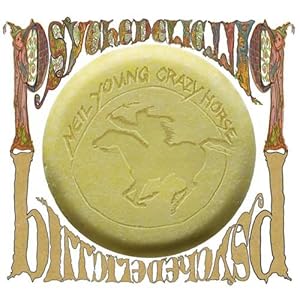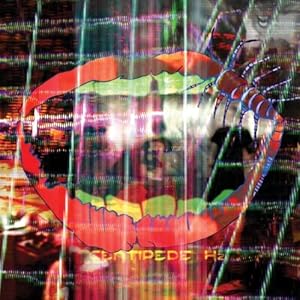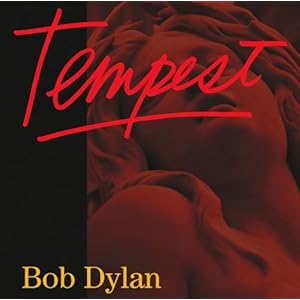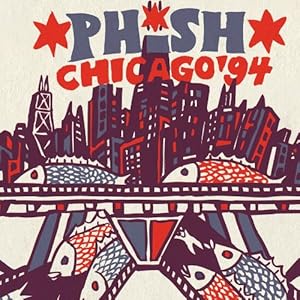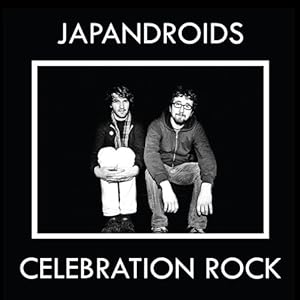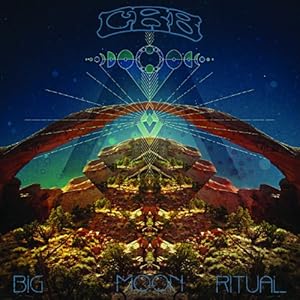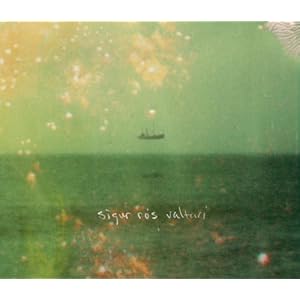Few people in the electronic music world would argue that Steven Ellison, AKA Flying Lotus, has been a frontrunner in contemporary beat production. In an era where of bass drops and noise for noise's sake, Flying Lotus experiments with subtlety and mood to create a prettier, more crafted electronic style. Following his 2010 masterpiece Cosmogramma, Lotus needed to venture in a new direction to keep his place in the ranks. Until The Quiet Comes shows his most recent direction.
Where Cosmogramma is packed with layers, Until The Quiet Comes is spacier, giving the beats more room to breathe. Rich with trip-hop and jazz drumming, Until The Quiet Comes shows Flying Lotus exploring more dreamscapes than his previous efforts. The opening jazz based tunes set the tone for the album; off kilter beats and synths and ethereal mood. While it is no better or no worse than his previous efforts, it is refreshing to see Flying Lotus experimenting outside of the dense, concrete, sounds of prior years.
As Until The Quiet Comes progresses, is veers off into yet a different progression. While the sound is still sparse and skeletal, Lotus employs a more synth based vibe to the next batch of songs. Although the basic approach is similar to his electronic counterparts, the results vastly differ. Whereas the standard electro formula of the moment is a wall of sound, Until the Quiet Comes has individual low bit sounds scattered to create a more tasteful use of bleeps and wobbles. Throughout the album is also a beatific melting of the two styles.
As with Cosmogramma, Until The Quiet Comes features a barrage of guest appearances, most notably Erykah Badu and Thom Yorke. Flying Lotus utilizes these tools to near perfection. He allows each guest to highlight a talent, but fully incorporate it into the Flying Lotus style. None of the respective artists could get away with the sound on their own, as they are downplayed for the fluid style of the producing artist. This is the real job of a guest artist, to highlight another the main theme, rather than to overtake it.
Until The Quiet Comes proves, once again, that Flying Lotus is not a mere pit-stop of a current trend. The electronic movement, along with all genres, will continue to ebb and flow into different sub-genres. Some artists will be remembered for their talent, while others will be afterthoughts. Until the Quiet Comes, with all its stylistic nuances, proves Flying Lotus' talent, and his place in the story of electronic music.


